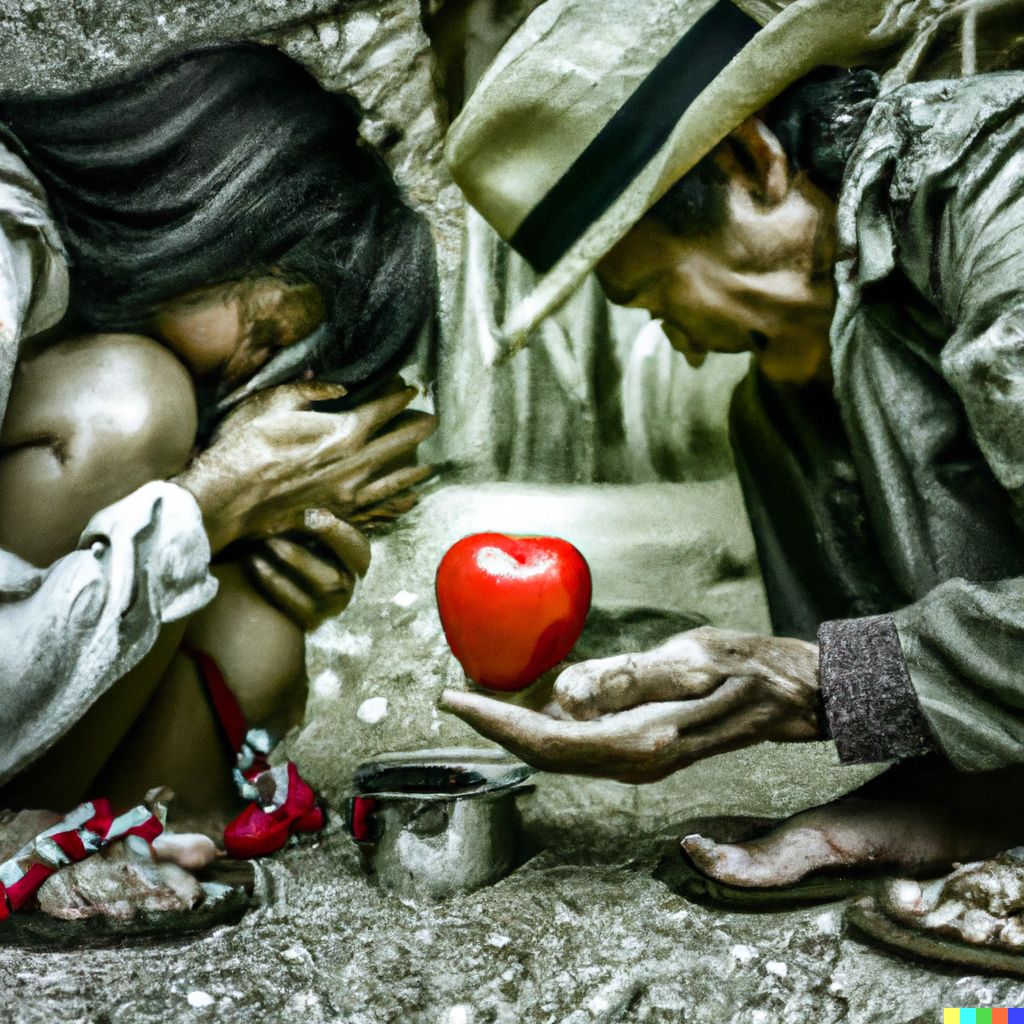
The concept of “true love” is a timeless and elusive subject. It is one that has captivated the hearts and minds of humanity for centuries. But when it comes to the notion that “true love is better expressed in the poor”, or “more enjoyable in the rich”, the waters become murky, and the argument becomes quite controversial. A notion that, upon closer examination, is considered steep in fallacious reasoning and perpetuates harmful stereotypes.
The idea that poverty inherently breeds love and compassion is a gross oversimplification of the complexities of human emotions. Love, like all emotions, is a complex and multifaceted phenomenon that one cannot simply reduce to one’s financial circumstances. It is not a direct result of poverty. Rather it is a result of the human experience and the connections we make with others. To suggest otherwise is to make a gross overgeneralization that ignores the nuances and complexities of the human experience.
Furthermore, the idea that love is somehow more “pure” or “true” among the poor is a form of elitism. It belittles the capacity for love among those who may be financially well-off. It also implies that only those in poverty can truly experience love in its purest form. While those who have financial means are somehow less capable of genuine affection. This is not only intellectually dishonest but also perpetuates harmful stereotypes that only serve to further marginalize and stigmatize those who are already facing economic challenges.
Conversely, the idea that love is only for the rich is a fallacy, a narrow-minded and ill-informed perspective. To suggest that the poor are incapable of experiencing love is not only untrue, but it is also a gross injustice. The poor, like all individuals, have the capacity for love and the ability to form deep, meaningful relationships. They may face greater challenges in expressing and fulfilling their love, but this does not negate its existence.
The idea that only the rich can experience love is a self-serving and convenient belief for those who seek to maintain the status quo of economic inequality. To argue that love is for the rich is to ignore the multitude of examples of love and devotion among the poor.
In conclusion, the idea that “The poor or the rich love better” is a fallacy that ignores the complexities of the human experience. It also perpetuates elitist and harmful stereotypes. Love is a universal experience that one’s financial circumstances cannot define. It is a powerful and transformative force that transcends all boundaries and is available to all who seek it. Therefore, do not limit love by one’s economic status. Everyone should celebrate and embrace it. It is important to recognize that one’s circumstances do not limit love; it is available to all and is essential for the well-being of individuals and society.
Check our blog for more powerful and enjoyable opinion pieces!



Leave a Reply